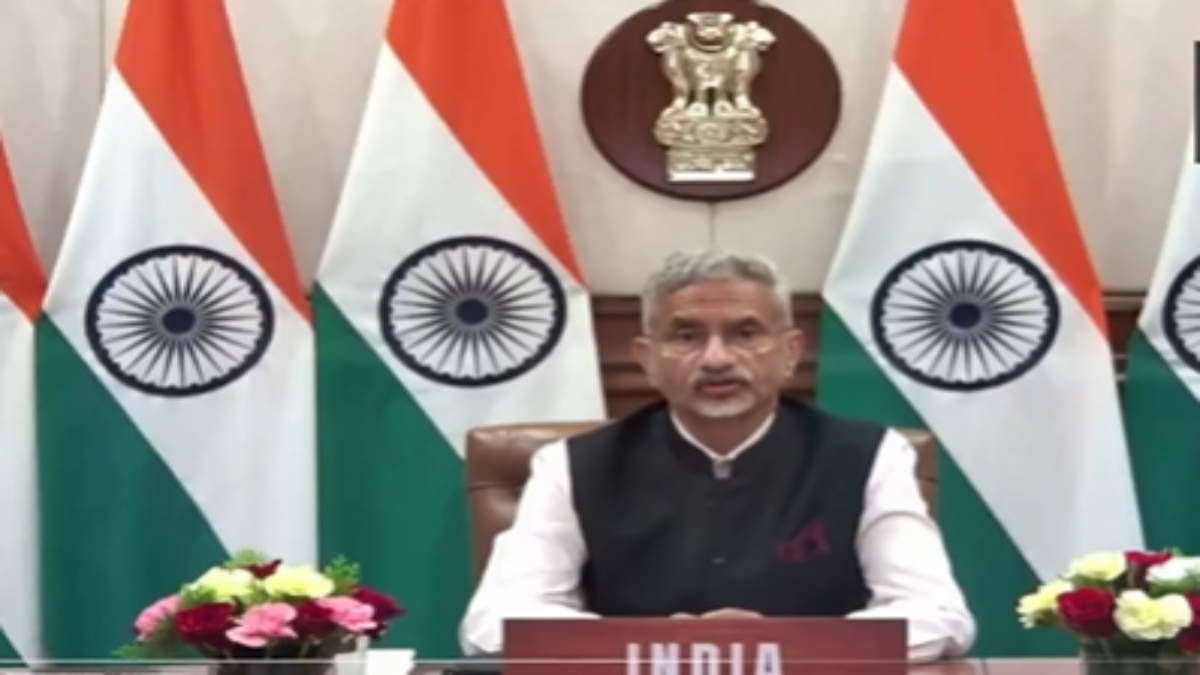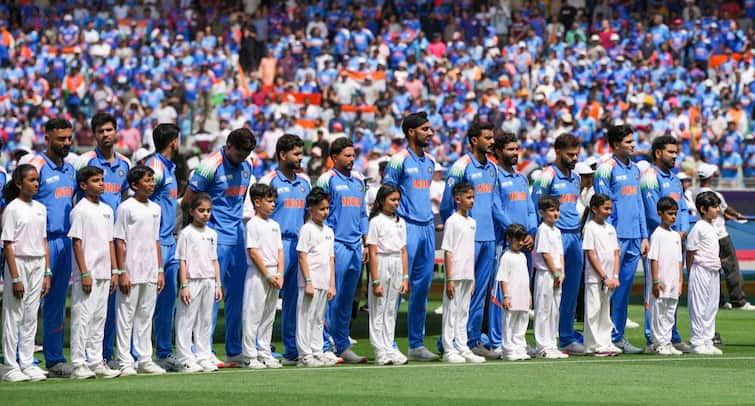Jaishankar said India is working to resolve its trade differences with the United States, describing the tariffs imposed on Indian exports as “unfair.” He said both sides have yet to find common ground in discussions but expressed confidence that talks will lead to a resolution soon.
External Affairs Minister S Jaishankar on Sunday (October 5, 2025) said India is actively working to resolve its trade ‘issues’ with the United States, calling the tariffs imposed on Indian exports “unfair.”
Speaking at the Kautilya Economic Conclave (KEC 2025), Jaishankar said the main challenge in India–US trade ties is the inability to find common ground in discussions.
“We have issues with the United States today — mainly that we haven’t yet reached a landing ground in our trade discussions. This has led to certain tariffs being levied on us, which we have publicly said are unfair,” he said.
VIDEO | Delhi: On Indo-US relations, External Affairs Minister Dr S Jaishankar at KEC 2025 says, “We have issues with the United States today – mainly that we haven’t yet reached a landing ground in our trade discussions. This has led to certain tariffs being levied on us, which… pic.twitter.com/px1jUEzV5x
— Press Trust of India (@PTI_News) October 5, 2025
In August, US President Donald Trump had earlier imposed a 25 per cent tariff on Indian shipments and an additional 25% secondry sanctions citing India’s purchase of Russian oil.
Jaishankar added that New Delhi is currently negotiating on 50 per cent of the tariffs imposed on India but insisted that the country’s “red lines have to be respected.” He said, “There has to be understanding with the US because it’s number one market and because a lot of world has reached that understanding.”
The minister also expressed hope that the tariff issues would not affect other aspects of bilateral trade. “A large part of our relationship with the US is still business as usual,” he said.
India and the US have already held five rounds of talks for a Bilateral Trade Agreement (BTA), with the latest round concluding at the end of September.
Jaishankar noted that India’s foreign policy approach is to build multiple productive partnerships without making any single relationship exclusive. “The posture that India adopts is to have as many productive relationships as possible… but to make sure that none of them result in the denial of opportunities in other relationships,” he said.
On the broader global scenario, Jaishankar remarked that the rules-based international order has been “weakened” and, at times, “discarded,” which has changed how countries make key decisions. “Cost may not be any longer a definitive criterion; ownership, security, reliability, and resilience are equally important,” he said.
He also pointed out that some major powers now act unilaterally, shifting the global balance. “They think they may not need the rest of the world as much as before… Therefore, we have overall seen the global needle move towards competition,” he said.
Concluding his remarks, Jaishankar stressed that India’s biggest challenge is rebuilding its manufacturing sector. “We had lost decades as far as manufacturing was concerned,” he said, adding that India needs to strike the right balance between advanced and traditional manufacturing to achieve optimal growth.
End of Article

)

